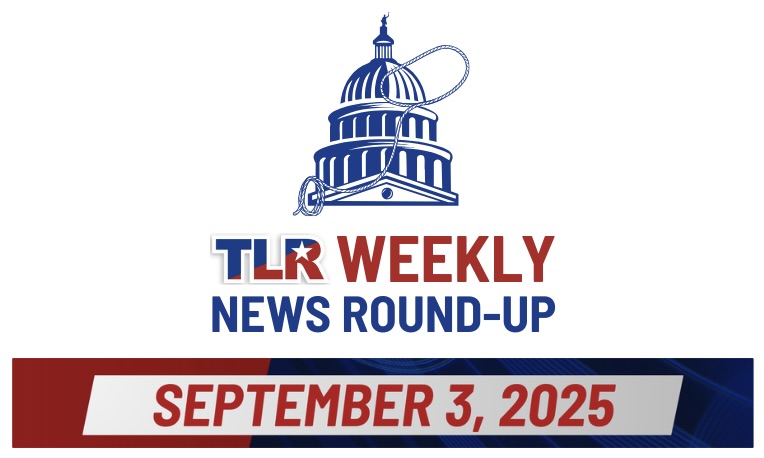
What happened: In 2023, Florida enacted a series of reforms targeting runaway attorney fees and the exploitative claims practices turning courtrooms into casinos. Now, the Sunshine State is reaping the benefits. Read more
By the numbers: Florida’s five largest auto insurers, which collectively cover nearly 80% of the market, are cutting premiums by an average of 6.5% this year. Before these reforms, premiums had been skyrocketing by up to 30% in a single year.
Worth noting: Reforming an out-of-control legal environment is not just about insurance or the “tort tax” that is baked into virtually every good and service Americans buy. Predatory litigation not only primes the court system to reward volume lawsuits, but it also threatens the spaces where communities live and play.
TLR Thoughts: Florida’s tangible success in the tort reform space proves that there is a way to stop the madness. Clamping down on predatory legal practices is vital to keeping courts fair and helping ensure that resources go to city infrastructure and families—not trial lawyers’ pockets.
PROTECTING AMERICAN CONSUMERS TOGETHER
What happened: A recent filing with the Arizona Supreme Court revealed that a company linked to a major investment firm acquired a 20% stake in personal injury law firm Esquire Law, signaling Wall Street’s growing influence in the legal market. Read more
Tell me more: Billboard lawyers are exploiting Arizona’s permissive rules to scale their firms like businesses, increasing advertising, case volume and profit potential.
TLR Thoughts: Arizona’s approach shows the risk of letting Wall Street and outside investors profit from personal injury law unchecked. Without transparency and reform, this model could normalize lawsuit abuse, incentivize unnecessary treatments and put consumers at financial risk—making it critical for states like Texas to strengthen protections against predatory legal practices.
What happened: In August, President Donald Trump signed an Executive Order directing the Department of Labor to provide regulatory safeguards that would allow private sector employers to offer 401(k) plans with expanded investment options for employees. This will ultimately give some 90 million Americans access to higher-return alternatives historically reserved for public pension funds and the wealthy. Read more
Tell me more: Trump’s Executive Order could increase lifetime retirement income by thousands of dollars annually, while also boosting U.S. GDP by an estimated $35 billion.
Worth noting: Democrat-aligned trial attorneys remain a major obstacle, filing frivolous class action lawsuits against employers who try to innovate in retirement plan design. These lawsuits have created a climate of fear that discourages businesses from offering diversified, high-return portfolios to their employees.
TLR Thoughts: Expanding 401(k) access to alternative investments is a smart move for working Americans, but protecting small businesses from abusive litigation remains critical. Without legal safeguards, trial lawyers will continue to enrich themselves while retirees get peanuts.